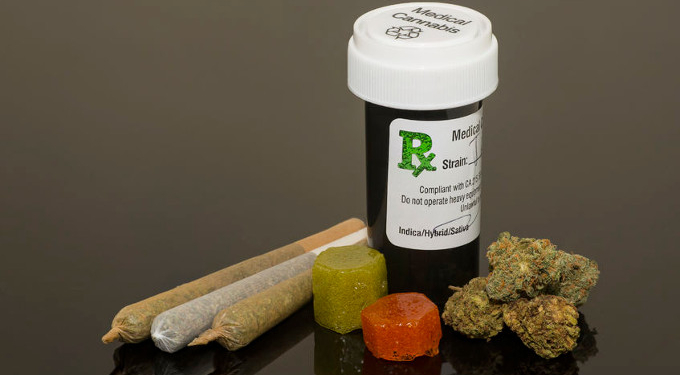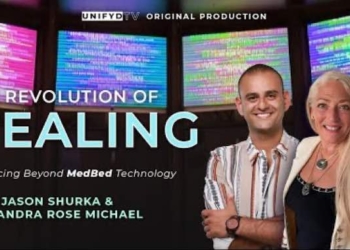 What many Americans don't realize is that the most common drugs (i.e., marijuana, cocaine, and other non-man-made options) were technically legal for thousands of years. In fact, marijuana was perfectly legal until 1937. That’s right, your grandparents or great-grandparents were likely “smoking reefers” (yes, reefers are what they were called in the 1920s) at those flapper clubs in the 1920s and 30s. However, after the Mexican Revolution at the turn of the century, many states saw a large influx of Mexican immigrants, particularly in Texas. These New Americans brought their language, culture, and customs, including imbibing in more “marihuana” than other Americans in these states were used to.
What many Americans don't realize is that the most common drugs (i.e., marijuana, cocaine, and other non-man-made options) were technically legal for thousands of years. In fact, marijuana was perfectly legal until 1937. That’s right, your grandparents or great-grandparents were likely “smoking reefers” (yes, reefers are what they were called in the 1920s) at those flapper clubs in the 1920s and 30s. However, after the Mexican Revolution at the turn of the century, many states saw a large influx of Mexican immigrants, particularly in Texas. These New Americans brought their language, culture, and customs, including imbibing in more “marihuana” than other Americans in these states were used to.
The demonization of marijuana was fear, ignorance, and racism, thinly veiled. It mimics the same demonization of opiates in an attempt to control Chinese immigrants from previous immigration waves. Beginning in the 1930s, marijuana hearings in Texas courtrooms included graphic details of how this “dangerous” plant caused “men of color” to rape white women and become “insane with violence.”
For thousands of years, marijuana had been used by countless cultures as a therapeutic drug, but it was suddenly declared illegal and capable of turning men (especially “brown men”) into raving, raging rapists. Some of this unbelievable language and claims made it into the Marijuana Tax Act of 1937 and such “colorful” language can still be found in legal documents that support marijuana laws today.
Shockingly, this is the root of marijuana as a dangerous drug—and it still carries that stigma today.
A Legacy of Racism
Ultimately, marijuana was used as a tool to excuse racism. It was a scapegoat in an era when America was fearful of new immigrants, and the uncertainty of living in wartime led to rash decisions that just didn't make much sense. The 1930s and 40s were undoubtedly unstable times. Obviously, there are some clear alignments between that era and today. History does repeat itself or, in the case of marijuana demonization and the War on Drugs, perhaps history was never put to bed at all. And now it’s very cranky.
The lasting effects of the illegalization of some drugs means that some demographics, namely persons of color and those with key socioeconomic backgrounds, are consistently jailed for drug-related crimes more than others. That hasn’t changed. Is it really a war on drugs, or a war on “certain types of people?”
Of course, the impact of using laws to unfairly target specific demographics cannot fully be fathomed, though research has tried. You’ll find countless scholarly articles and research analyzing the effects of drug-related crimes on various ethnic and racial demographics. And the results? They’re not very pretty.
Can we make the war on drugs more effective? Of course. It might start with ditching the “war on drugs” motto altogether. While there’s nothing innately wrong with this short, three-word slogan itself, it’s dripping with a history that’s linked to racism and profiling. “
Natural” drugs like marijuana, which fit seamlessly into numerous societies for thousands of years, isn’t even a narcotic. You can’t have an addiction to marijuana, and it’s been used as a natural and healthy healing tool in many cultures for thousands of years. In fact, medical cannabis can be used to ease the pain associated with opioid addiction and can be a great alternative to addictive drugs. Fortunately, some states are starting to buck its stigma as medical cannabis is being embraced, but we still have a long way to go.
Codeine, a commonly prescribed mild painkiller, is a narcotic. What our society considers “drugs” which are “bad” versus drugs which are acceptable is wildly off-kilter and dictated solely by what’s either legal or has been legal for an extended amount of time. Familiarity does not equate to correctness.
A proper, unbiased and research-based education on what constitutes a drug would serve as a better foundation. Re-visiting drug laws, especially those steeped in a long and sordid history, is another must. Taking a closer look at incarceration statistics for drug crimes and peeling away layers of injustice is absolutely critical. However, all of these are big-ticket items. They'll take time, effort and a lot of funds. When, where and how will we be prepared to undertake such a challenge?
















